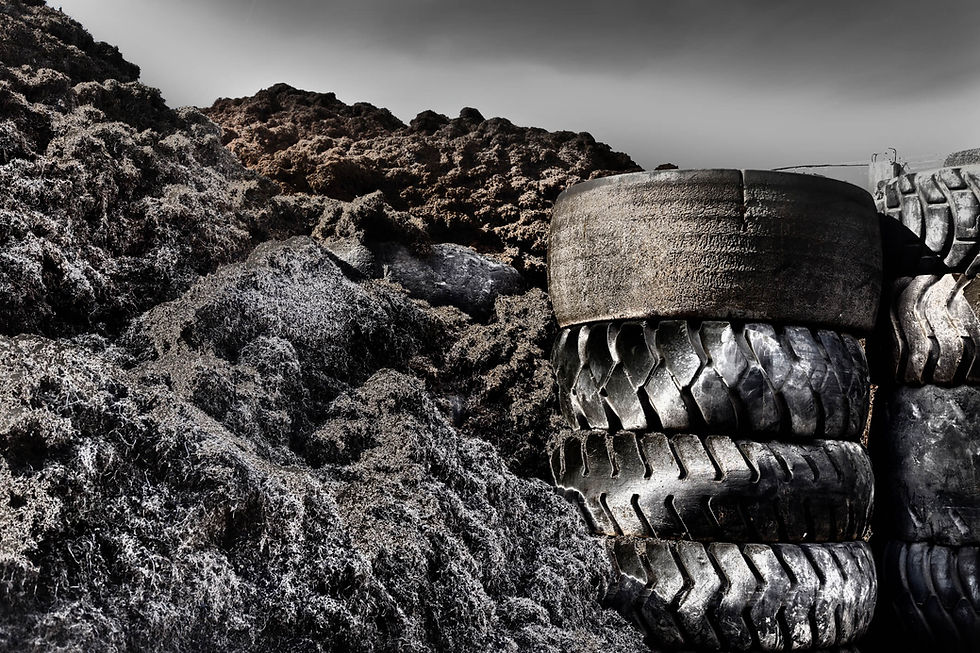Universal Access to Clean Cooking in Africa
- Aug 16, 2025
- 2 min read
Reports Says Over Three-Quarters of Sub-Saharan Africa Lacked Access
The World Health Organization estimated around 74% of the world population cooks with modern methods, such as electric or gas burner stoves in 2022. However, according to the International Energy Agency’s (IEA’s) universal access to clean cooking in Africa report, over 2 billion people—with close to half of them in Africa—rely on traditional stoves and open fires. This cooking style has contributed to around 3 million premature deaths per year from indoor air pollution, said the report, which included additional highlights listed below.

In 2023, 963 million people in Africa lacked access to clean cooking, which uses methods such as biogas, electricity, ethanol, liquified petroleum gas (LPG), or natural gas. More than 99% of people without access were in sub-Saharan Africa, where the access rate was 23% compared with North Africa’s access rate of 95%.
Two sub-Saharan countries (South Africa with 90% and Gabon with 91%) had relatively high access to clean cooking.
Three nations where access was less than 5% were Burundi, Madagascar, and Mali.
In Africa, the lack of clean cooking contributes to an estimated 815,000 premature deaths annually due to health impacts of household air pollution and loss of 1.3 million hectares of forest annually to gather wood for cooking.
In sub-Saharan Africa as a whole, about 16% of people had access to LPG and 6% had access to electricity for cooking.
Southern Africa is an exception, with about 50% of homes with access to electricity and 25% with access to LPG for cooking.







Comments